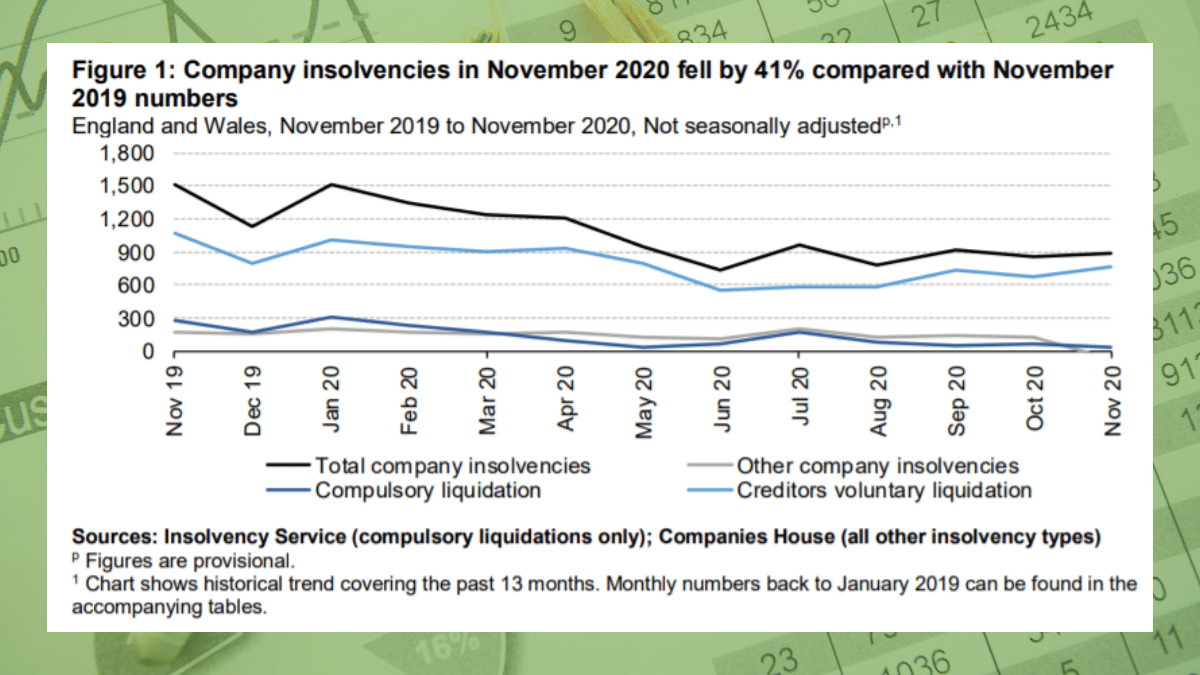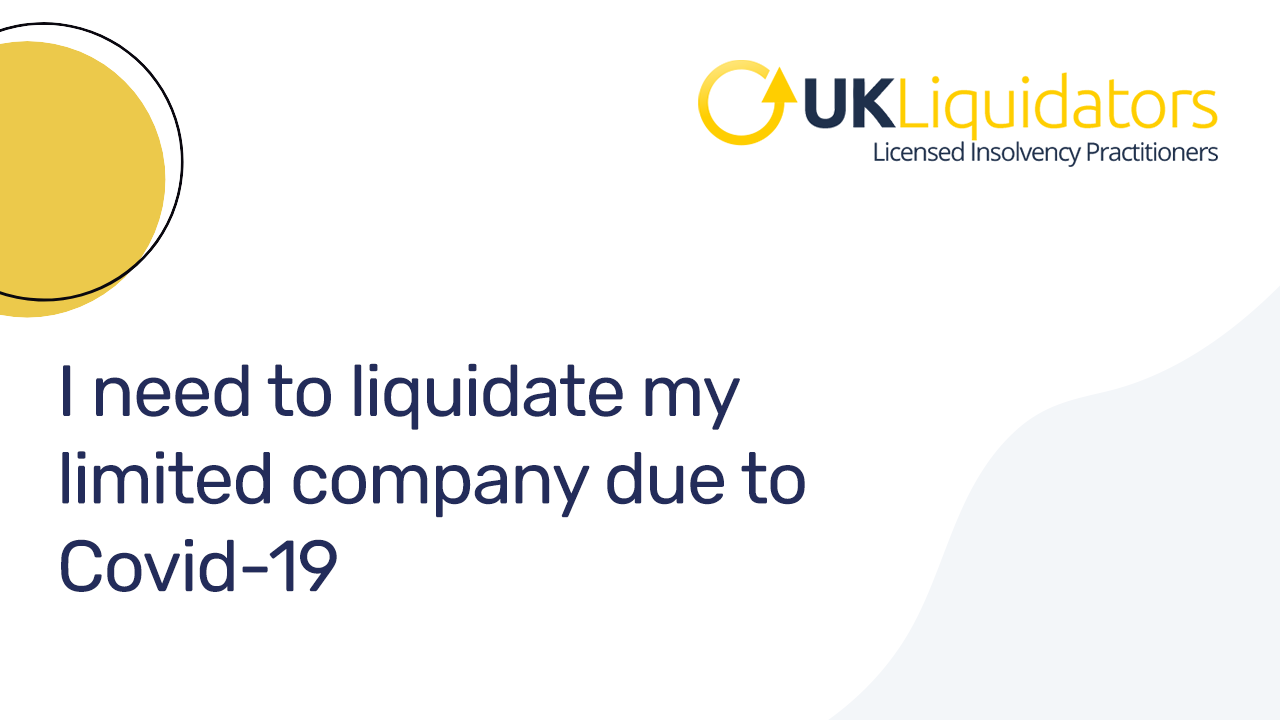The Buzz on Insolvency Practitioner
The Definitive Guide to Insolvency Practitioner
Table of ContentsTop Guidelines Of Insolvency PractitionerThe Facts About Insolvency Practitioner UncoveredRumored Buzz on Insolvency PractitionerThe 20-Second Trick For Insolvency PractitionerInsolvency Practitioner Fundamentals ExplainedThe Best Guide To Insolvency PractitionerNot known Incorrect Statements About Insolvency Practitioner Insolvency Practitioner - An OverviewSome Ideas on Insolvency Practitioner You Should Know
This can occur for a number of reasons, including poor monetary administration, unanticipated prices, or a change in the marketplace. If a business is insolvent, it might be forced to fold or sell possessions to pay lenders. This can have a significant effect on business, workers, and shareholders.
The Ultimate Guide To Insolvency Practitioner
Various other factors for insolvency include fraudulence, mismanagement, and unexpected expenses. When a business becomes insolvent, its properties are made use of to pay off its financial obligations. This can have a major influence on business, as it may no much longer have the ability to proceed operating. Bankruptcy can also result in job losses and the closure of businesses.
The business may be compelled to market assets, lay off team or even shut down. Lenders might be left out of pocket and the company's investors may see their financial investment disappear.
Insolvency is the procedure whereby a firm is ended up and its assets are sold to pay creditors. This is normally the last resort, as it can have a really adverse effect on the firm's reputation. Receivership occurs when a company is not able to pay its financial debts and is positioned under the control of an outside manager.
9 Simple Techniques For Insolvency Practitioner
Voluntary management is similar to receivership, but it is started by the directors of the business instead of the financial institutions - Insolvency Practitioner. This choice is commonly used when a firm is dealing with economic difficulties but there is still really hope that it can be transformed about. Business insolvency is a complex and major concern that can have far-reaching implications for organizations of all sizes
With the appropriate aid, you can make sure that your business has the most effective chance of weathering this tough time.
How Insolvency Practitioner can Save You Time, Stress, and Money.
Whatever your reason for shutting your company, there are several factors to consider you need to deal with prior to 'shutting the doors'. There's additionally a lot you can do to make the procedure much less demanding and obtain much better results. Closing down your organization is not practically satisfying the sensible and lawful needs.
Deal with your workers As an employer, you need to keep track of and provide assistance to your staff members during this demanding time. Know any possible health and wellness and wellbeing concerns they could experience as a result of: job insecuritytransitioning through the sale of the businesschange in proprietors. You can: There are extensively 2 circumstances in which you would voluntarily shut your service.
You likewise: do not wish to, or can not, sell the businesshave no-one to take it over. You're likely to have time to prepare your closure. This will certainly aid you to: close efficientlymeet your lawful obligationssave moneytake away maximum revenues. You may be closing your service due to the fact that: it's not covering its expenses and operating costsyou can go to website not sustain the operating prices while trying to offer it.
The Greatest Guide To Insolvency Practitioner
There are numerous things you need to deal with before closing your business. Your accounting professional, solicitor or business consultant will be able to aid you with this.

You need to finalise all tax obligation concerns for your company, also if it's no longer trading. This includes your responsibilities concerning repayment of: edge benefits taxpay-as-you-go (PAYG)superannuationemployment discontinuation.
The Ultimate Guide To Insolvency Practitioner
Insolvency occurs when your business Clicking Here can not pay its debts, which can result in your service shutting down. Various insolvency treatments apply to people and firms.
If you try to manage it yourself, you'll require to interact with every creditor individually to attempt to discuss normal payment quantities. Insolvency or insolvency consultants can: support you through the processhelp you comprehend your optionsnegotiate with your financial institutions on your behalf. They hold particular licences and certifications in this specialised field.
Some Known Factual Statements About Insolvency Practitioner

Personal bankruptcy for single investors and individuals within collaborations Individual bankruptcy procedures apply to: Before beginning an individual bankruptcy process, it's important to comprehend the: influence of the consequenceshow check my source long the effect will certainly be., likewise known as a Component IX arrangement, enables you, or the assigned manager, to discuss with your lenders to pay a portion of the mixed financial debts over a period of time to your manager, rather than trying to proceed making settlements to each financial institution.
Company insolvency and liquidation An 'insolvent company' is not able to pay its debts or cover the cost of its overheads. In some situations, insolvent companies might enter into liquidation. Liquidation is when an independent registered liquidator is designated to take control over the company and end up the firm service in an orderly way.
7 Simple Techniques For Insolvency Practitioner
As noted in the Intro, while the record reveals certain choices relative to several of the more vital of these options, it does not attempt to develop requirements in this complicated area. Furthermore, it may need to be updated in the future to consider developments in this location.
Sonia Piccinini committed substantial effort and time in the preparation of this magazine. The views shared in the record are those of the IMF's Legal Department and must not be credited to the Exec Directors or the Management of the IMF. FRANOIS GIANVITI Current experience has actually demonstrated the level to which the lack of orderly and reliable bankruptcy treatments can exacerbate financial and financial dilemmas.